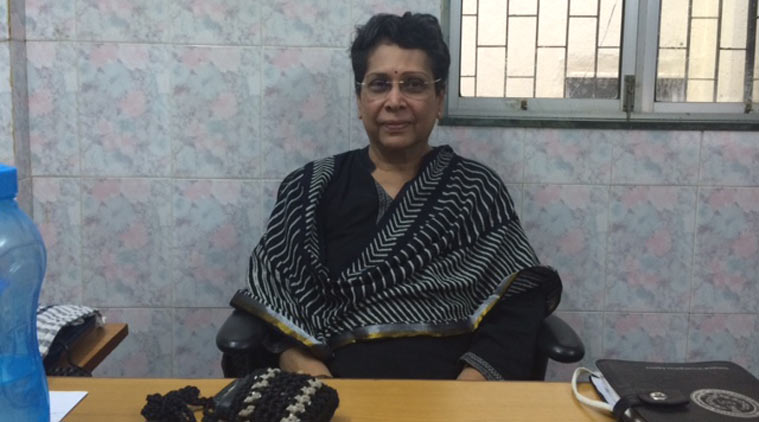
Special public prosecutor in the Malegaon case, Rohini
Salian.
The Malegaon blast case of 2008
marked a sobering and cautionary moment, even a turning point, in terror
investigations in the country. Till then, such cases invariably featured young
Muslim men as accused, and even though convictions were rare and the wheels of
the criminal justice system turned slowly and in tortuous ways, they confirmed
the pattern — and also the stereotype — of terror being a crime perpetrated by
those belonging to one religion. But the Malegaon probe — by Maharashtra’s
Anti-Terrorism Squad (ATS), led by Hemant Karkare, who was killed during 26/11 — pointed in a different direction. As
first reported by this paper in October 2010, it led to alleged Hindu extremists
based in Indore. A new phenomenon — some named it “Hindu terror” — seemed to be
calling for serious attention and investigation. In asking for a resetting of
the viewfinder, the Malegaon case also sent an important signal to the minority
community and to all those with a stake in the rule of law in a diverse country.
It was this: terror investigations would not be pre-determined by congealed
prejudices, they would go where the evidence led them.
Now,
with the special public prosecutor in the Malegaon case, Rohini Salian,
revealing to this paper in an interview that over the past year, ever since “the
new government came to power”, she has been under pressure from the National
Investigation Agency (NIA), which took over from the ATS, to go “soft” in the
case, some disquieting questions have been resurrected.
The
government must answer these questions urgently. The Supreme Court, which has
already intervened in this case — by decreeing that it will be tried in a
special court with a specially appointed judge — must also heed the courageous
special public prosecutor. At stake is the state’s compact with its minorities,
its promise to them of fairness and justice. In Gujarat, for instance, it was
the apex court that helped restore faith in the independence and impartiality of
the justice system by reaching out to the victims of the 2002 communal violence,
setting up a Special Investigation Team to probe certain cases, relocating
others and directing retrials outside Gujarat.
In
the Malegaon case, and in other cases involving “Hindu terror” — the Malegaon
blasts 2006, Ajmer Sharif blast 2007, Mecca Masjid blast in Hyderabad 2007,
Samjhauta Express attack 2007 and Modasa explosion 2008 — it is essential that
justice must be done and that it must also be seen to be done. The India story,
which in its best version is about it being a safe house for its minorities,
depends on it.

No comments:
Post a Comment